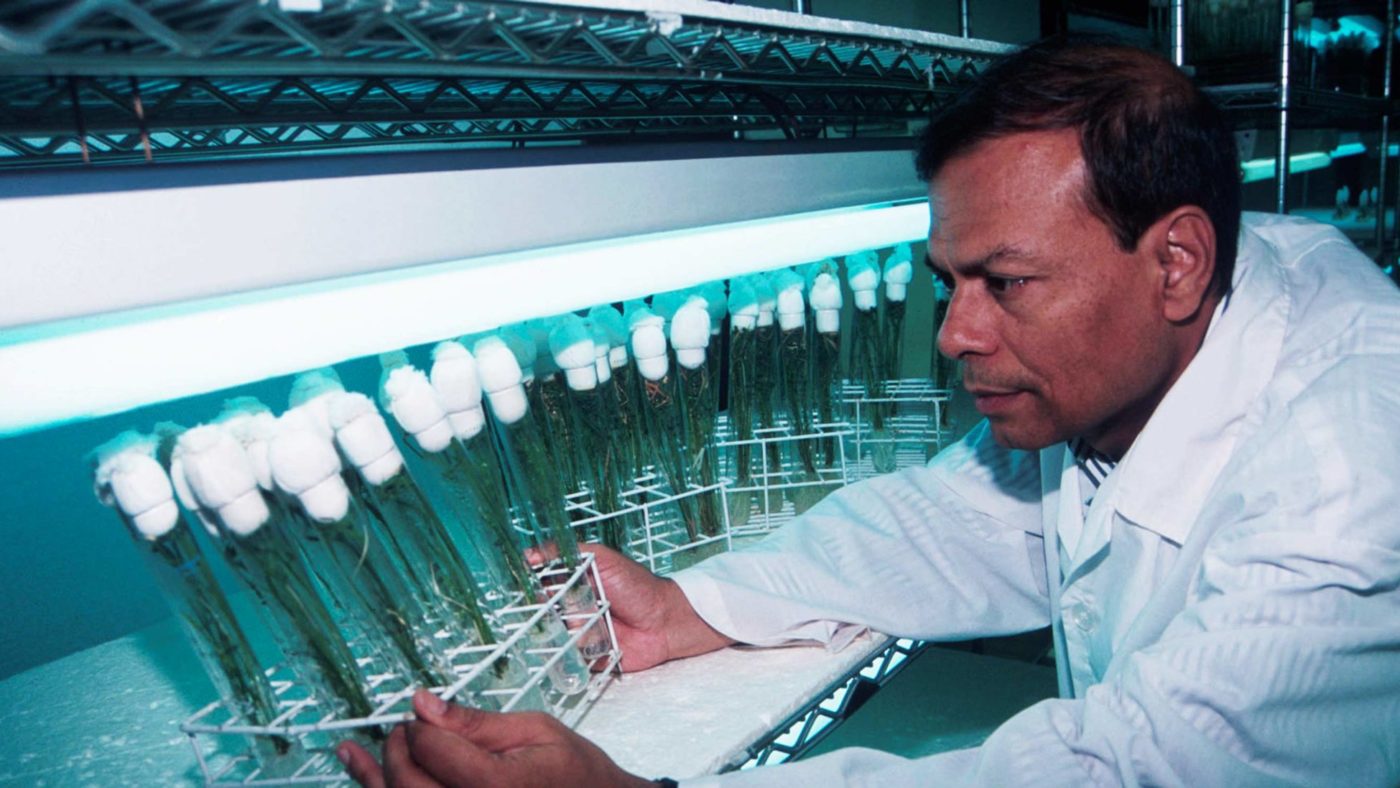Labour’s pledge to ban private jets over their environmental impact may be pure electoral politics, but it’s also a timely reminder to think about the best approach to tackling climate change and environmental breakdown.
There are two main ways to respond to an emergency situation: set off alarm bells in an effort to neutralise the danger quickly, or take a step back to properly assess the issue without giving in to emotional pressure.
In the case of climate change, the former approach has clearly taken over. The likes of Extinction Rebellion warn of imminent doom, and Alexandrio Ocasio-Cortez predicts the end of the world in little over a decade. Their ‘solutions’, such as trying to decarbonise the entire British economy in a little over five years, also reek of alarmism.
Climate change alarmism has been immensely successful in promoting all sorts of bans, dietary restrictions, and taxes. These measures are far from being a panacea, especially in the long run. Moreover, in order to achieve the desired outcomes, they need to be applied consistently and at all levels of government. It is for this reason that they’re doomed to fail: there will always be free-riders, those who would find a way to stick to their meat-full diet or avoid paying taxes.
Beyond this kind of alarmism, one of the most effective ways to fight climate change is through innovation in agriculture.
Organic farming is appealing because it’s “natural” and therefore, associated with higher food safety, but it can potentially do more harm than good if we choose to stick to it. In 2017, researchers at the Research Institute of Organic Agriculture in Switzerland estimated that if the world chose to fully convert to organic agriculture, we would need between 16 and 81% more land to feed the planet.
Over-reliance on limited natural resources, as in the case of organic farming, is significantly more dangerous than taxes. The world’s population is growing, and we need food. Promoting organic promises to provide less of it just at the time we need it most.
The good news is that unleashing the potential of genetic engineering, far from a ‘Frankenstein’ technology, is a powerful weapon in the fight against environmental breakdown. With the help of genome editing, we would be able to decrease our dependence on natural resources and minimise the use of both fertilisers and pesticides. Creating drought and heat-tolerant crops would reduce the need to deforest wild areas to free up more land for agricultural purposes. And we could help tackle overfishing by replacing fish oil with EPA/DHA canola (omega-3 fatty acids).
The benefits of genetic engineering are astounding, but they are very often dismissed because of unproven food safety claims and risks associated with altering the face of agriculture. Scientists have repeatedly rejected the idea that gene-edited foods are less safe than those grown conventionally. The real issue, it seems, is human resistance to change, coupled with ill-informed, unscientific scare stories.
The human cost of this resistance to change can be staggering. Take golden rice: a new book estimates that millions of people have died or gone blind unnecessarily because they were denied access to this miraculous food by a combination of over-zealous regulation and misguided anti-GM campaigning.
This is nothing new, of course. Throughout history, people have been sceptical, or even fearful, of innovation. And yet, it has persisted against all odds and improved our lives in once unimaginable ways. We should stand up to the alarmists and give genetic engineering a chance to feed the world – and help save the planet.
Click here to subscribe to our daily briefing – the best pieces from CapX and across the web.
CapX depends on the generosity of its readers. If you value what we do, please consider making a donation.


